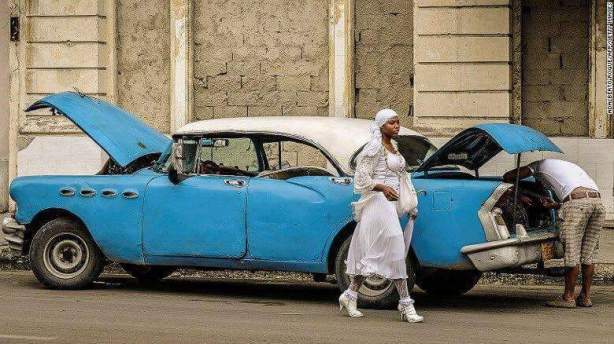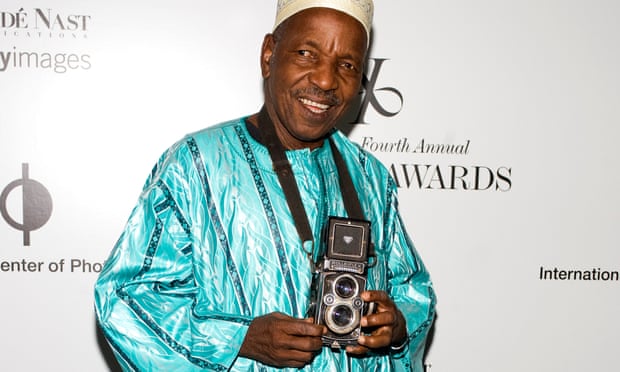
(First published in Daily Maverick)
For millions of Africans whose existence depends on the seriousness of policymakers to zealously implement good policies, the question of whether Africa’s 2017 will be different from 2016 is one that exists beyond mere rhetoric.
The thousands who get swallowed by the Mediterranean Sea every year in an attempt to get into Europe – mowed down by state security agents during protests for democratic rights, forced to watch helplessly as politicians splurge and misuse scarce resources, and young Africans who roam the streets for decent jobs – all bear the direct scars of indecisions and the wilful acts of political elites to substitute the good of the masses for narrow, unenlightened self-interest.
The shopping list of what needs to be achieved in order to move Africa from mouth-deep affirmations to concrete actions continue to expand. Impactful governance, quality education, sustainable peace and security, job yielding growth, a better health system, durable infrastructure, deepened regional integration, just to mention a few, are some of the issues that continue to top the list. The inability to achieve many of these goals has heightened levels of frustrations and cynicism, and in some cases led to violent conflicts.
In order to address these problems, there has to be a concerted shift from the tepid, chaotic approach to transnational policy development. The consensus on the need to act boldly and decisively in ensuring that transnational policies are translated into action is one that still remains trapped in the posh venues where those documents are adopted. For 2017 to be different from previous years, the three interrelated logics discussed below have to underline the transnational policy development space.
The logic of urgency
Kwame Nkrumah’s aphorism, “we must unite now or perish”, is yet to escape the rhetorical cage. In practice, little has been done to give full effect to ensuring that integration efforts are approached from an urgent, “do-or-die” perspective. One way of escaping the sluggish approach to implementing regional strategies on democracy, trade, security, immigration and governance is to adopt “double-track” implementation strategies. This essentially means that member states that are willing and able to proceed with integration at a much greater speed should be separated from those that wish to maintain the status quo. The African Union (AU) could then provide guidelines on the mechanisms for engaging in this kind of “speedy” arrangement. It could be a coalition of willing states within or across regions or even a coalition of sub-regional organs, as long as such arrangements correspond with the broader goal of continental integration and, most important, serve as the nucleus unit of the long-term vision of the AU. For example, with interventions in Sierra Leone, Cote d’Ivoire and Gambia, the Economic Community of West African States (ECOWAS) has shown the potential of a cluster to move speedily in enforcing regional security and restoration of democratic rule.
At the heart of the logic of agency is the extent to which the regional integration process is owned and driven by Africans. There has to be a concerted effort to ensure that issues of financing African integration, promotion of African heritage, human security, and democratic governance are shaped and driven by wider civil society. African businesses, community based organisations, youth movements, academia, and trade unions have to be re-centred and placed in the middle of implementation activities. For example, the financing of integration initiatives should include various strategies such as a pan-African crowd-funding programme that is managed by civil society, fund-raising projects driven by business, public-private partnerships on infrastructure development projects, and the involvement of tech hubs in designing applications for revenue collection and management. Agency also requires that more attention is devoted to the way in which traditional African values or indigenous knowledge systems play a role in enhancing regional integration matters. This will require a bottom-up approach that presents integration measures such as Agenda 2063 to communities across the continent, in a language that they understand, and then genuinely build on suggestions offered.
The logic of clarity
Clarity speaks to a clear identification of issues such as who does what, who shares what, and who monitors whom in the policy implementation space. The AU policy implementation space is currently defined by its haphazard, unco-ordinated nature. It is vague about how powers should be shared between the AU and sub-regional units, between and among AU organs, between the AU and civil society, and between the AU and its member states. The principle of clarity is central to the two logics noted above. For example, the process of pursuing the implementation of the AU passport under the “double-track” strategy will have to fully spell out the roles actors (member states and/or sub-regional organs and/or continental organs) are expected to play in the quick attainment of stated goals. Under agency, the specific roles of business, community based organisations, tech hubs and youth organisations in shaping policy articulation and implementation will also have to be unambiguous.
While all of Africa’s problems will not be suddenly solved in 2017, policy-makers have the choice of making it the beginning of a change of approach to transnational policy planning. This can be best done through prioritising the immediacy of action (urgency), the centredness of African thoughts and actions in the initiation and implementation of policies (agency), and the clarity of the roles actors are expected to play in achieving deepened integration in Africa.





